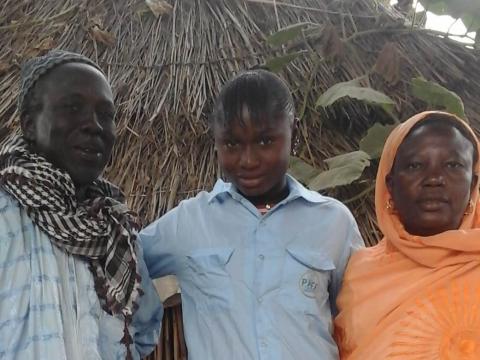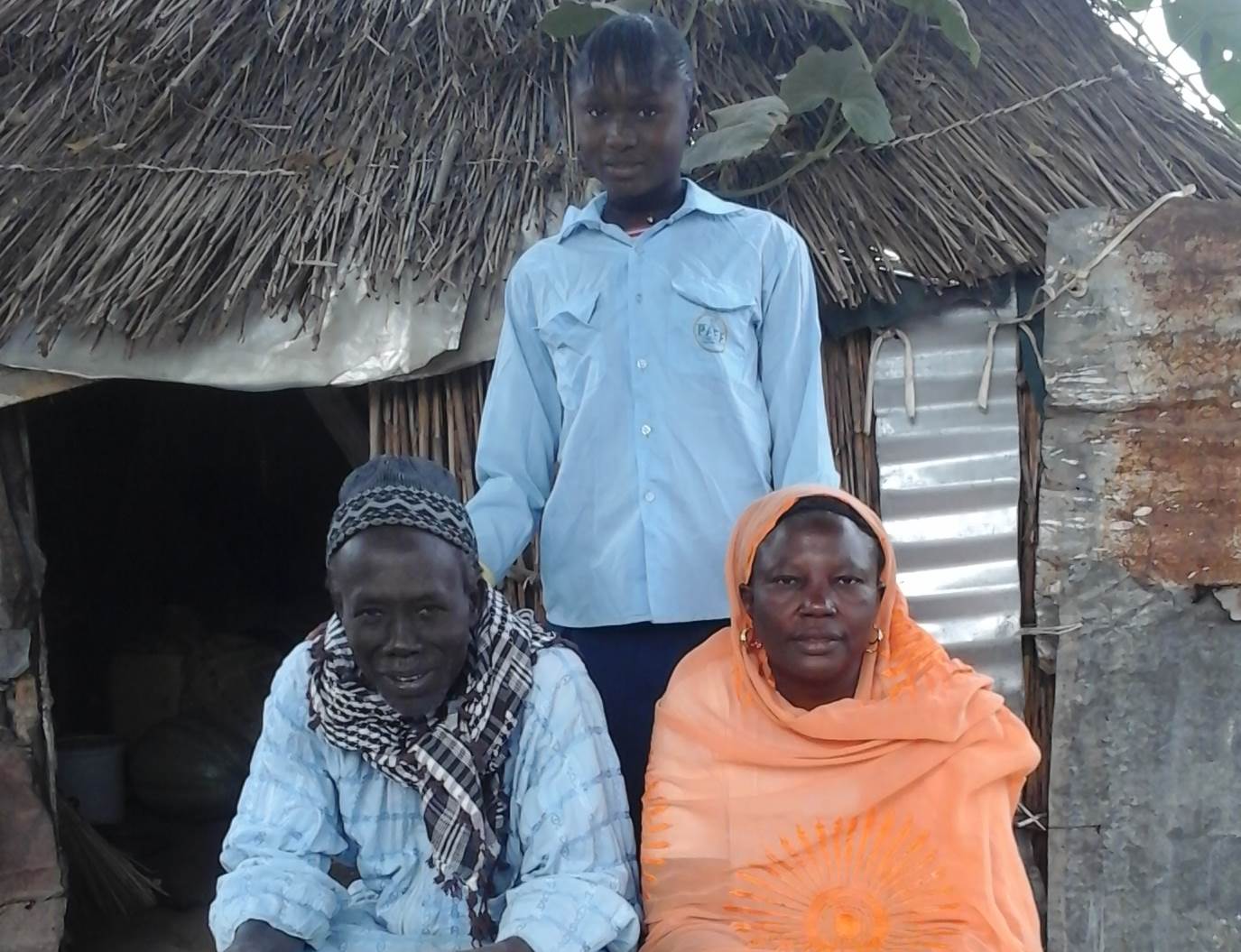The road back to school after dropping out

“I was doing the cooking, washing, I was cleaning the house and sometimes baby-sitting too. All the while my employers were in their offices and their kids at school. I said to myself that the only way for me to get there too was to return to school in the village,” says Codou, aged 12.
Codou was a student in CM2 year at the school in Reo Mao, a village in the department of Bambey lying more than 90km from Dakar. She stopped her primary school studies because her parents could no longer muster the means to take care of her school expenses. Kicking her heels at home, her parents decided to send her to Dakar to work as a maid and bail out the family finances.
Around that time, this kind of injustice was coming to the attention of World Vision, and the organisation decided to work with its partners to kick off a project to keep girls in school and make access to education easier for them.
Certain parents were a bit reluctant at the start because for them the place of women was not at school and out-and-about, they said, “a woman’s chances of success are fanciful whereas a man’s are certain”. But after a campaign to raise awareness, they came to understand that their way of thinking was out-dated and that women are just as capable as men.
Meanwhile, the World Vision programme also stepped in to finance and develop income-generating activities and training for two women’s groups in the village with an aggregate of 90 members. According to Codou’s mother, “when the project got underway I received some funding to help me start bringing in some income and pave the way for her return to the village. Since then I have been managing to meet the needs of my kids at school – buy equipment and supplies and get them uniforms for the start of the year.”
For Gora, Education Inspector, the neglect of girls was a blight on the performance of the district, which dragged down the retention statistics. But with the project’s activities, the rate has risen from 35% in 2012 to 48% in 2015. For the teaching team: “Codou’s story should be spread around all of her peers at workshops to raise awareness and advocate for the rights of children in general and girls in particular”.
With the Scofi programme (Schooling for Girls) which is a state strategy for girls’ retention, an advocacy plan is put together to reduce further the number of drop-outs. That is going to require some energetic awareness-raising aimed at students and above all their parents so that all can understand that a real future lies in the pursuit of studies.
Codou was finally able to resume her schooling and she succeeded in her entry exams for secondary school, obtaining her first end of year diploma certificate, saying:
“These days it’s me who writes and reads letters at home and I help my little brother to do his homework. I am more useful to my community. I would like to become a doctor, minister or president. I demand all girls in Senegal and in the world to go to school and stay there so they can be the decision-makers of tomorrow. I demand the authorities to help us to study harder. I thank everyone who have campaigned to improve conditions for girls and who have made it possible for me to return to school.”
Photos Credits: Adama Ndaw
